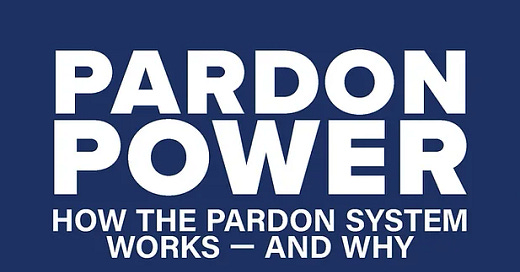Trump’s promise to pardon the January 6th rioters
What it means for them, the rule of law, and the American taxpayers
For the second time, Time Magazine named Donald J. Trump “person of the year.” Sam Jacobs, Editor-in-Chief, explained to the readers that Trump was selected “for marshaling a comeback of historic proportions, for driving a once-in-a-generation political realignment, for reshaping the American presidency and altering America’s role in the world.”
Well, he…
Keep reading with a 7-day free trial
Subscribe to Simple Politics with Kim Wehle to keep reading this post and get 7 days of free access to the full post archives.



